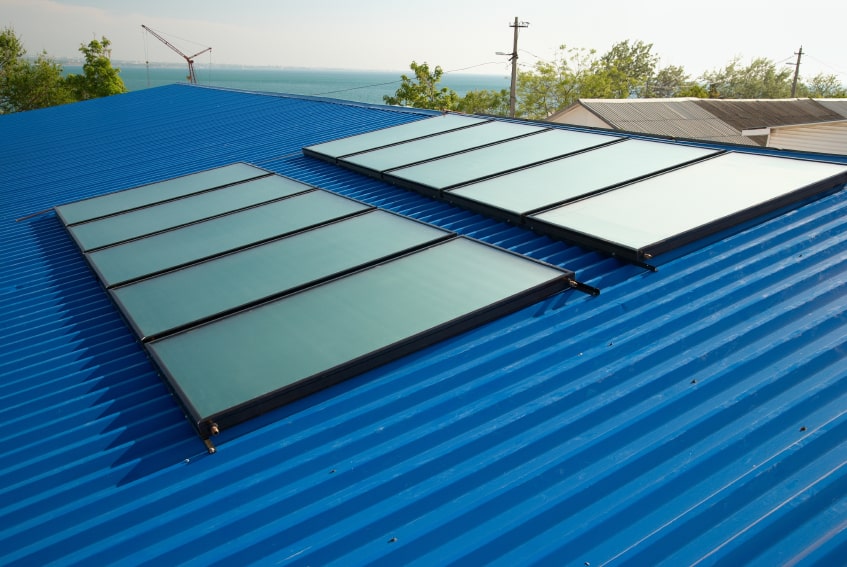Go solar without the hassle
Water heating is the single biggest contribution to household greenhouse gas emissions, accounting for 25 per cent of the average home’s carbon footprint. Wherever possible, you should also consider solar energy as an option to reduce your gas or electricity bill. In 15 years of installing solar hot water systems, no two cases have been […]

Water heating is the single biggest contributor to household greenhouse gas emissions, accounting for 25 per cent of the average home’s carbon footprint.
Wherever possible, you should also consider solar energy as an option to reduce your gas or electricity bill. In 15 years of installing solar hot water systems, no two cases have been the same.
However, regardless of your home’s size or family’s water usage, an effectively operating solar hot water system will add significant value, provided you follow a few basic guidelines.
Customers often come to me confused about the range of products and technologies available on the market. With so much out there, it’s important to consider the differences between product brands.
If you’re in the process of buying or installing a solar hot water system, here are the most important points to consider:
-
- Make sure water and gas pressure are upgraded and adjusted correctly prior to installation.
- Choose a brand that is well respected in the market. Features such as adequate frost protection will ensure you get the most out of your purchase.
- It is important the installer meets current plumbing regulations and guidelines. The correct positioning of panels, for example, will optimise the system’s efficiency levels and your return on investment.
- Communicate with your installer. Every installation is different, so working together will guarantee the solar hot water system is better suited to your family’s water usage.
- Ensure the system is conducive to your location’s weather temperament. The Bosch open-loop solar systems are especially suited to high frost-prone areas and are very popular among customers in metropolitan areas.
- The size of the system is vitally important and follows a rough formula in residential homes. This is 50 litres per person per day, plus an extra 50 litres for gas-boosted systems, 60 litres per person per day, and 100 litres extra for electric-boosted systems.
For the past 12 months, Ausdynamix has been installing Bosch Solar Hot Water systems. Installation is simple and straightforward, and you can expect up to 80 per cent savings on your hot water bill. Considering that 40 per cent of a household’s electricity bill can be attributed to water heating, this equates to a sizeable saving on utility prices, especially given rising electricity costs.
About Author Frank Unferdorben
Frank Unferdorben is the Managing Director of Ausdynamix and has been an installer for more than 15 years. His extensive experience includes working closely with the Australian Building industry to provide thermal solutions for builders and commercial projects, as well as residential homes.